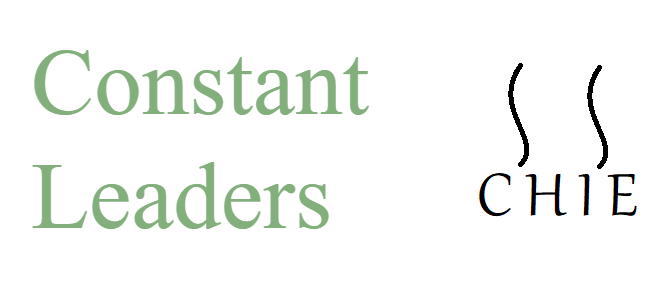When things goes unexpectedly, it’s easy for leaders to fall back to apologizing and saying “sorry” to ease the situation. We all do it and we do it with the best intentions, to try and make everyone feel better about the current situation, whatever it may be. Regardless of fault, right or wrong, our fallback comfort is to apologize, say “sorry” first, then sort out the problem after. Empathy is great and it should be shared in times of difficulties. That’s what good leaders naturally have instincts to do, empathize and take ownership for failures. However, when we say “sorry”, when we apologize, we perpetuate the negative emotion and makes it harder on ourselves to really get past it. There’s a better way to handle it and leaders should try and change the approach to a more positive energy.

Leaders can start off by saying “sorry”, then the members will too have the inclination to reciprocate and also say “sorry”, circulating the negative energy and emotion back and forth. Instead of this cycle of negativity, try substituting “sorry” with “thank you”. Yes, that’s right, say “thank you”. If the opportunity presents itself, replace “sorry” with “thank you”, and here are some examples
Instead of “Sorry, I know you worked hard but it just didn’t turn out the way you wanted”, replace with “Thank you for working so hard on this. Regardless of the outcome, I appreciate and see the effort you’ve put in”.
Instead of “Sorry, this took so long to get this to you”, replace with “Thank you for being patient, I appreciate your understanding”.
Instead of “Sorry this meeting is so long and for speaking so much”, replace with “Thank you for your time and listening to what I had to say”.
Replacing “Thank you” for “Sorry” changes the entire dynamic, energy and direction of the communication. It brings positivity and provides a pathway for quick recovery and progress. We don’t want to gloss over the situation, but we also wouldn’t want to lament over it and allow it to effect and delay our recovery process. So next time you find yourself in this situation, challenge yourself to not say “sorry” and find a way to say “Thank you” instead.
Photo by: Markus Spiske
Denny Nguyen, a veteran IT leader and experienced operational manager with 15+ years working in the software and software related service industry. Currently, Denny oversees global operations of LogiGear including IT infrastructure and services, and facility worldwide and marketing and business development for the APAC region.
Started out as a test engineer, Denny has excelled his career into project management, IT management, account management, customer relation management, and marketing and sales management. In 2004, when LogiGear began to establish its present in Vietnam with two Software Testing & Research centers in Saigon and the third center in 2009 in Danang, Denny was instrumental and the key leader who was chartered to build out the entire foundation and infrastructure for LogiGear to grow for the next twenty years.
Thank you

